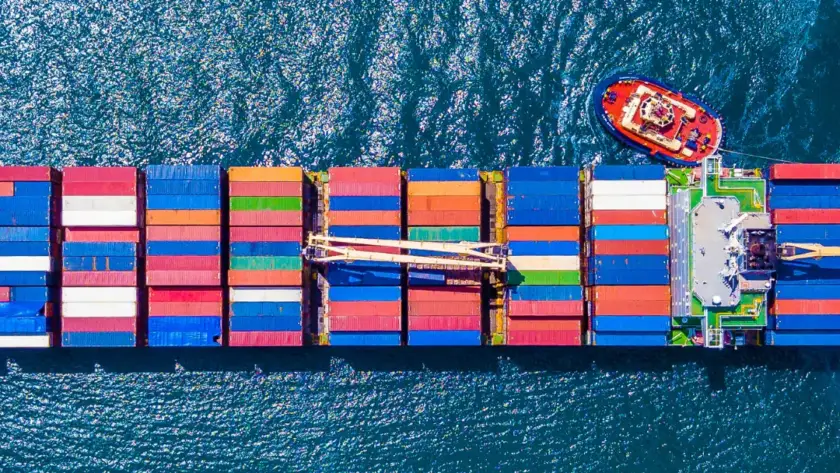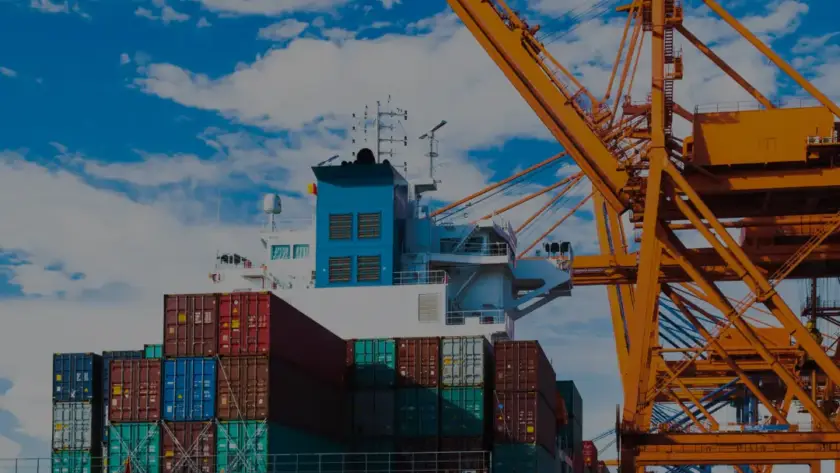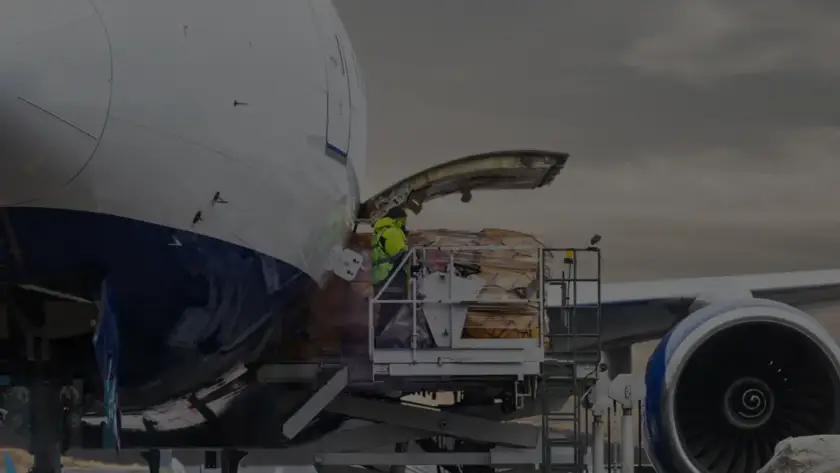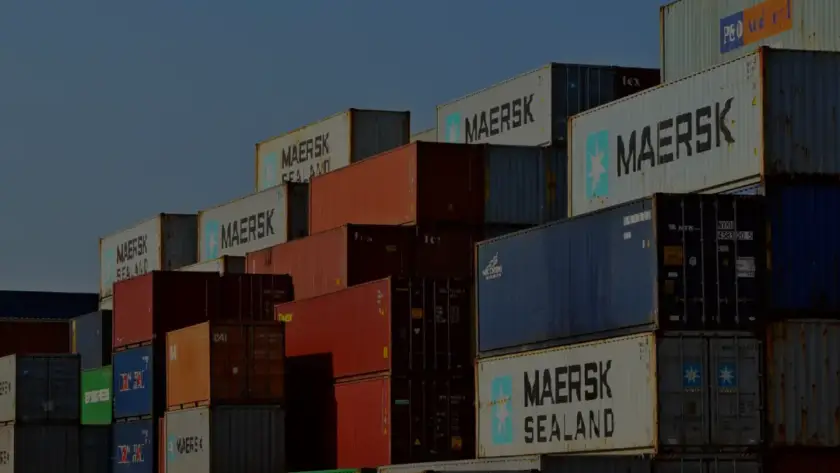India-US Trade Talks Stall as Delhi Focuses on Protecting Sensitive Sectors
News: India-US trade talks have stalled as India resists US demands to lower duties on agricultural products like maize and soybean, citing domestic farmer welfare and concerns over genetically modified foods. With a July 9 deadline approaching for new US tariffs—10% on all imports…











